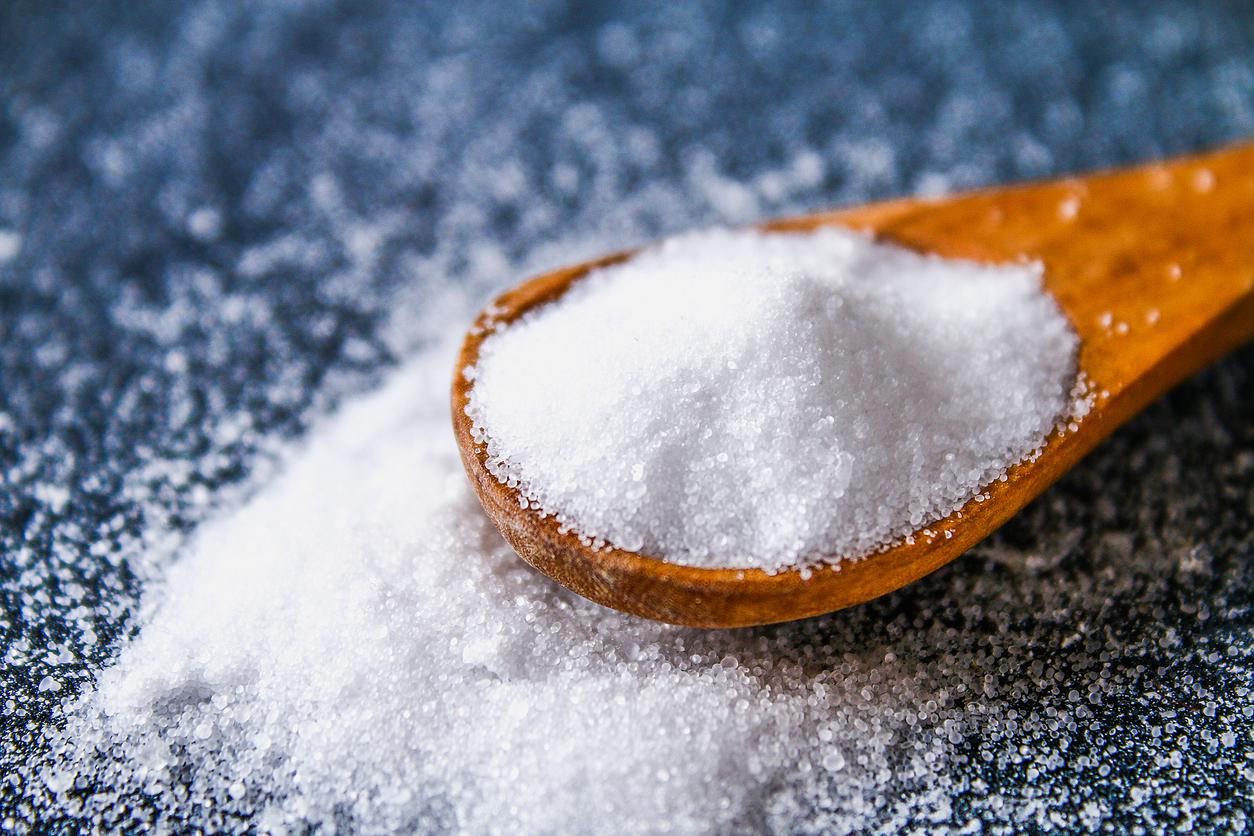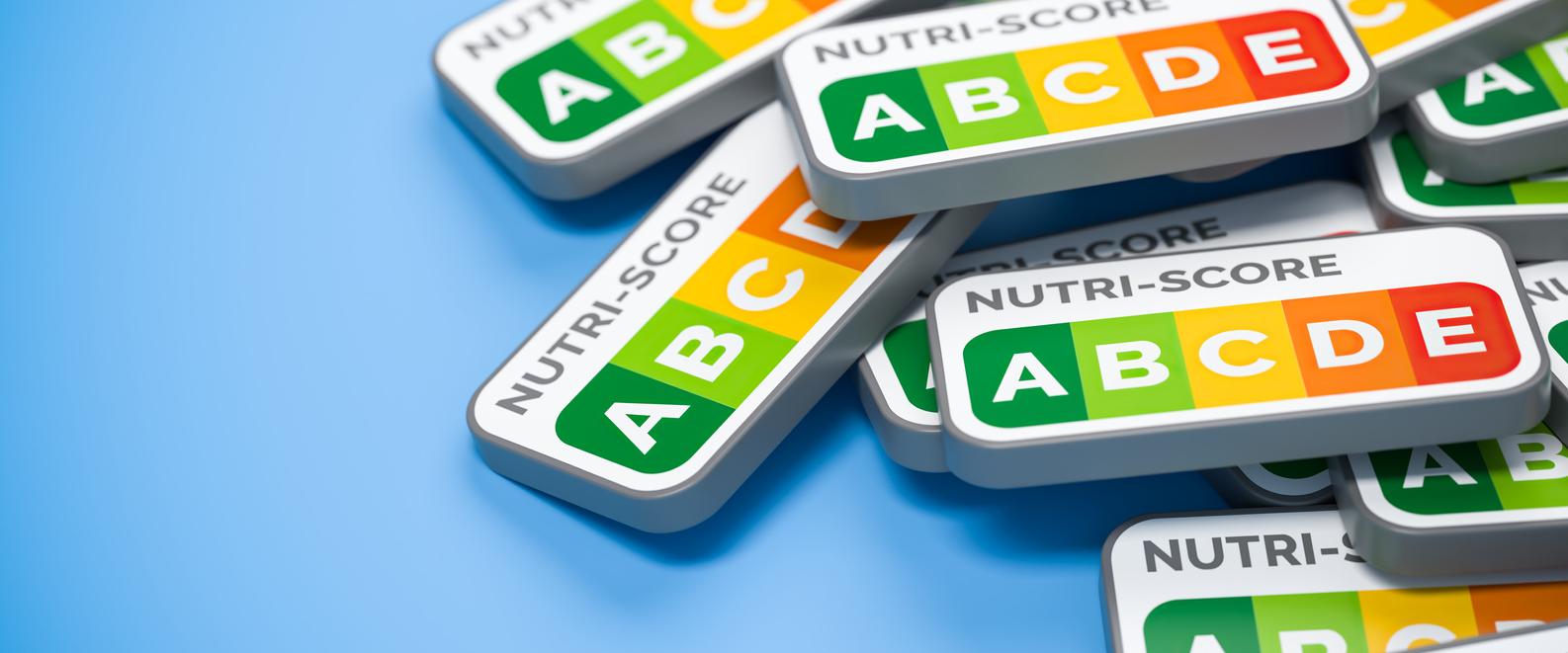December 23, 2003 – The World Health Organization (WHO) recommends limiting our salt intake to five grams per day. However, British researchers have just established1 that thousands of lives could be saved each year if this threshold were halved.
The average human would absorb about 12 g of salt daily, mainly in the processed foods he eats, including meals served in fast-food restaurants as well as many canned foods such as soups, not to mention chips and frozen meals.
If this intake were reduced to nine grams per day, people with high blood pressure would see their systolic and diastolic pressure drop by 4.6 and 2.6 points, respectively. People without hypertension would also reap a modest improvement.
But if the reduction reaches six grams per day, the resulting benefits double. And at nine grams per day (for a daily intake of only three grams of salt, or below the threshold established by the WHO), they triple.
The same goes for cardiovascular disorders. A reduction of three grams per day would reduce the number of strokes by 13% and the incidence of cardiovascular disease by 10%. Again, this protection doubles and triples with a reduction of six grams and nine grams per day. In the UK alone, the maximum reduction of nine grams per day could prevent more than 50,000 deaths.
Jean-Benoit Legault – PasseportSanté.net
According to Reuters Health and BBC News; 23 December 2003.
1. He FJ, MacGregor GA. How far should salt intake be reduced?Hypertension 2003 Dec; 42 (6): 1093-9. Epub 2003 Nov 10.















